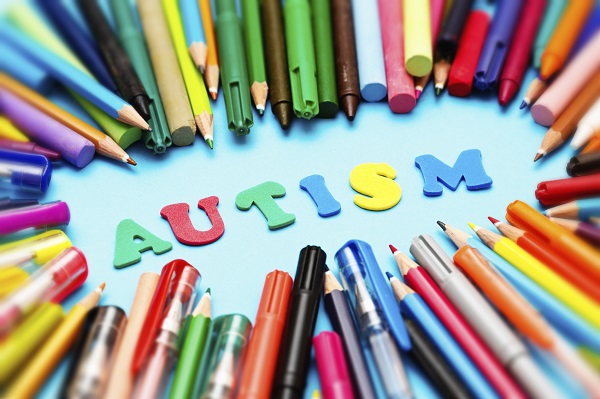FAU Receives $1.2 Million Grant for Autism Training Program
More students with autism are being taught in the general classroom setting. Preparing professionals to teach these students is critical in alleviating the dire shortage of special education teachers.

Cynthia L. Wilson, Ph.D., professor in the Department of Exceptional Student Education at FAU, has received a $1.2 million grant from the U.S. Department of Education to support a graduate program focused on preparing teachers to become skilled in implementing research-based teaching methods for students with autism spectrum disorder.
Preparing professionals to be highly-qualified and appropriately equipped with the knowledge and resources needed to teach students with autism spectrum disorder (ASD) is critical in alleviating the dire shortage of special education teachers in the United States.
Cynthia L. Wilson, Ph.D., professor in the Department of Exceptional Student Education in the College of Education at Florida Atlantic University, has received a $1.2 million grant from the U.S. Department of Education to support a graduate program focused on preparing teachers to become skilled in implementing research-based teaching methods for students with ASD. “Project I2: Intensive Intervention for Students with ASD Who Have Persistent and Severe Needs,” will provide tuition support for teachers who will earn a master’s degree and state of Florida teaching endorsement in ASD.
“Educating students with autism spectrum disorder can be an intensive undertaking that must address the student’s developmental, behavioral and academic needs,” said Wilson. “Every child has the right to receive a great education, and with this grant we will help to prepare teachers to best serve the unique needs of these children.”
With legislative mandates such as No Child Left Behind and the Individuals with Disabilities Education Act, more students with ASD are being taught in the general classroom setting and teachers need evidenced-based strategies that will help these students succeed in the classroom. Careful planning and training are essential to provide the appropriate tools and resources to create a successful environment and experience for both the students and the teachers.
Wilson and her collaborators will develop and implement a model personnel preparation graduate program, will recruit and train professionals for the program who will be involved in a variety of settings including high need schools to provide hands-on field experiences, and will provide participants in the program with mentoring, financial and academic support. They also will develop a multi-faceted recruitment and retention model that specifically increases special educators from underrepresented groups.
“The support that scholars will receive in Project I2 will help them develop knowledge and competencies in special education that is an important path to becoming fully qualified and effective teachers,” said Valerie J. Bristor, Ph.D., dean of FAU’s College of Education. “Moreover, this program will increase the likelihood that they will remain in the field.”
According to the Centers for Disease Control and Prevention, approximately 1 in 6 children in the United States had a developmental disability (2006-2008), ranging from mild disabilities such as speech and language impairments to serious developmental disabilities like cerebral palsy and autism. About 1 in 68 children has been identified with autism spectrum disorder. Autism is a neurological disorder that typically appears before the age of 3 and impacts development in social and communication skills.-FAU-
Tags: education | research | faculty and staff | community